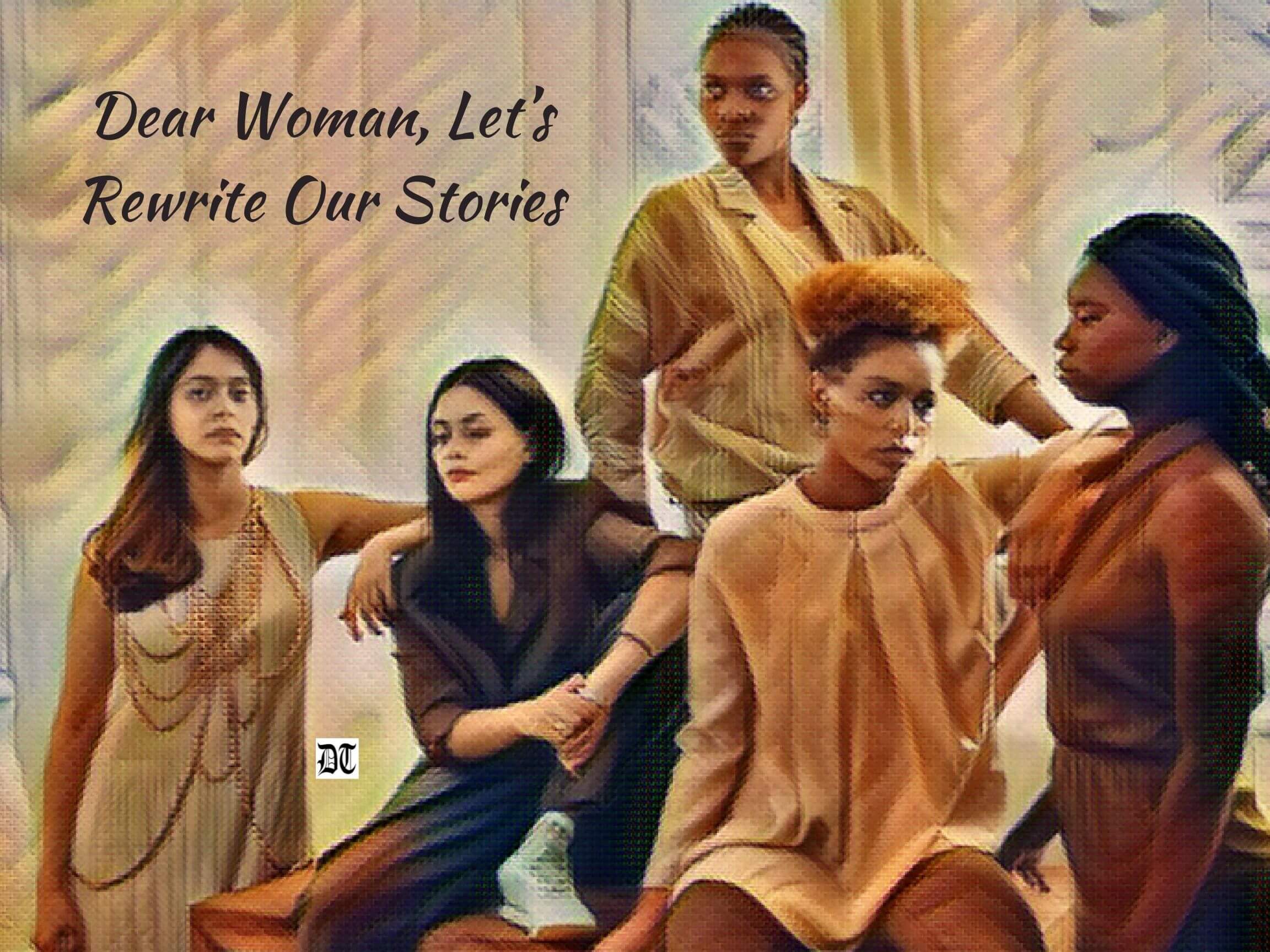Life isn’t rosy for Hamsa, a 60-year- old flower seller on a street of Chennai. Unlettered, she is at times cheated by some customers. She educated her three daughters and only son. Shail delves into the life and times of the old flower-girl. Here’s a slice of oral history of the street dwellers, as part of the weekly column, exclusively for Different Truths.
“There are always flowers for those who want to see them.” ~ Henri Matisse, French artist, draughtsman, printmaker, sculptor and painter.
Seated under a slightly torn brightly coloured beach umbrella, Hamsa elegantly moved her fingers as she wove one flower into another with the help of a long thread which bound them together until a flower garland was made.
“Yenna veno Ma?” (What do you want?). She added, “I have rose, jasmine, chrysanthemum, lotus. Which do you want?”
Not actually wanting to buy any flowers, I asked her to give me chrysanthemum. When I saw that she was expecting something more, I added, “Yes, some roses too.”
I gave her the money and then asked her, “Usually flower vendors sit in a group and sell. You are sitting here alone. Don’t you feel lonely?”
“No Amma, where is the time to feel lonely? I am busy making flower garlands, tending to customers or watching the traffic flow.”
“What about friends? You must be having somebody at least with whom you could share everything.”
“No, no, I never indulge in all that stuff.” Looking at my expression, she continued, “Where is the time to talk to anybody? I go to the Koyambedu Market to buy fresh flowers for the day early morning. After I have cooked food and have dropped my two grandchildren at the play centre, I come here to sell flowers at 9 o’clock. I am here till afternoon depending on how the sales are. If my flowers get sold out, I again go to the market and get some more flowers which I keep selling until 8 pm.”
That was hectic enough I thought. “So, how long have you been doing this?”
“For as long as I know. My parents were daily wage agricultural workers in Tindivanam (Villupuram district of Tamil Nadu around 123 km by road from Chennai city). I came to Chennai when I got married. My husband was at that time selling vegetables on a push cart.
He used to come home late every day and not bring much money to keep the fires burning.”
“Where did you live then? Same place where you live now?”
“No, that time, we had a small hut like structure on the footpath. After I told my husband to change his profession, things brightened up a little. He began selling flowers and we gradually moved from the pavement to a rented accommodation to our own house, now.”
“What about you husband? Does he still work?”
“No. He has become too weak and sick. So, I manage the stall myself. But, there are times when I have to meet some child of mine then, he comes here.”
“I have three daughters and a son” she proclaimed proudly. “All are married and are having children themselves. It is my eldest daughter’s children that I take to the play care. My eldest daughter is handicapped; she got married very late because of that. She now works outside a college in a telephone booth. So, she drops her children at my place sometimes when she cannot manage.”
“So, does your son take care of you? He is earning isn’t he?”
“He is earning but is a labourer so it is just enough for him and his family. But, whenever he comes home (once or twice a month) he gives me fifty rupees.”
I understood how much that money meant to her especially because it was given to her by her son. Not a big amount. In fact, nothing when compared to the high cost of living but a precious amount all the same.
All her children are educated. All are graduates except for the eldest daughter, who could study only upto the 12th class.
When I asked her whether she had studied, she said sadly, “No, not even one class. That is why I saw to it that all my children got educated. Nobody respects an uneducated person today. I am not even able to calculate properly. Sometimes I make mistakes and some people even cheat me. What to do? Had I studied I would not be in such a state.”
“What do you have to say about God?”
“I believe in God. But, it has been a long time since I visited a temple.” She added, “When my husband was young he used to drink a lot. He had a short temper and would blow his fuse at the drop of a pin. He used to even throw the food that I used to serve him. There was no peace of mind at all then.”
“And now? Is there peace of mind after so many years?”
“My husband is sick so he doesn’t have sufficient strength to throw tantrums. So, if you see it that way, yes, I have peace of mind now.”
It was indeed a sad state of affairs. Peace of mind meant different things to different people I realised.
While I was talking to 60-year- old Hamsa, an aged man in a security guard’s uniform approached her stall and picked up a banana. When I saw that he did not pay for it, I asked her whether many people did that.
“No. No. This man is the security guard in the building behind my stall. He is a nice man. His own son has a flower stall.”
Somebody, who understood her finally.
©Shail Raghuvanshi
Pix by Vinod Naraen






 By
By
 By
By
 By
By